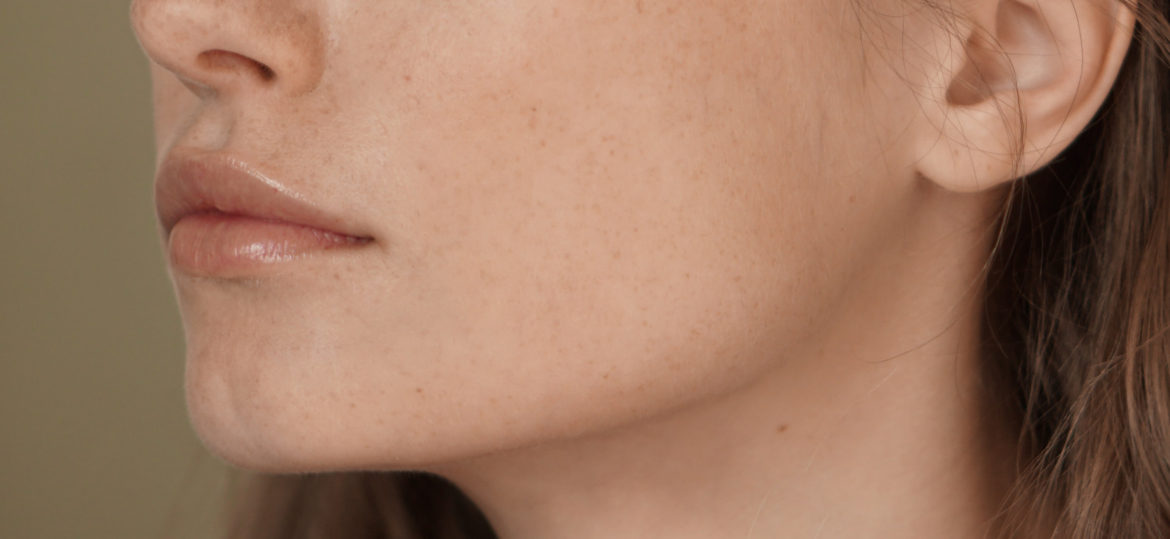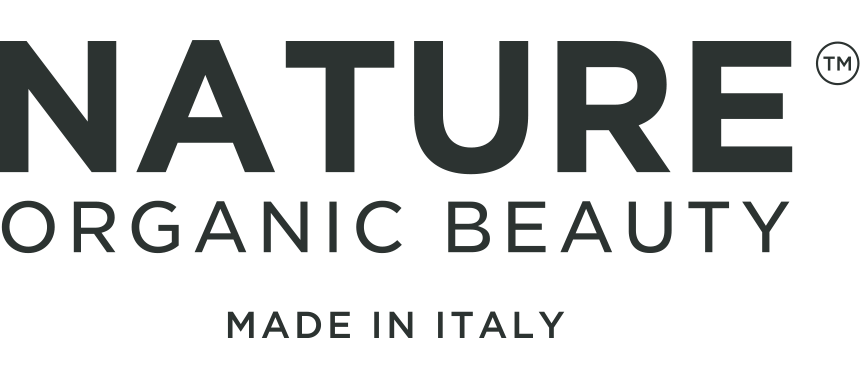
It is the cosmetics that mainly uses extracts and components derived from the plant kingdom, except for bee products: oils, essential oils, butters, waxes, hydrolysis, juices, macerates.
WHAT DISTINGUISHES PHYTOCOSMETICS IN HERBAL MEDICINE?
The intention and interest of herbalists is focused on the research of products that have some characteristics:
• which does not contain substances derived from animal organs
• where the extracts are obtained from plants cultivated biologically or collected spontaneously away from direct sources of pollution
• the use of ‘ total extracts’ that contain, that is, all the active ingredients of the plant used instead of the single isolated active ingredient; because, moreover, it would be more difficult to identify its origin
• it contains the strictly necessary quantity of preservatives so that the cosmetic can preserve its properties and its main use over time.
DO TOTALLY PLANT PHYTOCOSMETICS EXIST? Some categories may be without preservatives like all those products that don’t contain water, such as oils, dry ointments, or hydroalcoholic solutions.
HYDROALCOHOLIC SOLUTIONS?
Yes, for example mouthwashes for oral hygiene, aftershave or hair lotions, perfumes and alcohol deodorants.
AND IN OTHER CASES SUCH AS CREAMS, CLEANING LATEX, GEL, SHAMPOO…?
In these other cases, where there is also a small amount of water, it is necessary to preserve the product from the aggression of bacteria, yeasts or molds.
ONLY THROUGH THE UTILISATION SYNTHETIC SUBSTANCES?
No, today we also have plant preservatives available. In some cases it is possible exploit the antiseptic power of essential oils; but this entails using considerable amounts of these oils which aren’t always acceptable for cosmetic use, since they are characterized by a very strong aroma and the possibility of creating irritation on the skin if the quantity is excessive.
SO HYPOCOSMETICS DON’T CREATE IRRITATIONS OR ALLERGIES?
All plants and synthetic substances can cause allergies or irritations. the difference lies in respect for the ideal concentrations to take advantage of the beneficial qualities without risking creating complications for the consumer. The plant substance is certainly more accepted by our organism because it is part of the world in which we have evolved over millions of years; the syntetic substance, notwithstanding the tests to which it has been subjected, remains largely unknown.
As far as allergies are concerned, it must be considered that any molecule can provoke a reaction by our immune system; it is good practice to test a new product that we want to use on ourselves: a small amount of product applied to a narrow area of the skin of the forearm assures us, if there is no reaction after a few hours, of the harmlessness of the product.
IS IT SOMETHING TO DO WITH THE APPARENTLY IMCOMPREHENSIBLE WORDS THAT FOLLOW THE TERMS ‘INGREDIENTS’, ‘ INGREDIENTI’ or ‘INCI’?
That’s right: those somewhat enigmatic names are the codified and valid components for the entire European Union so that, if a consumer knows the name of the substance to which he is allergic, he may discover its presence and may decide to purchase another cosmetic without that substance.
